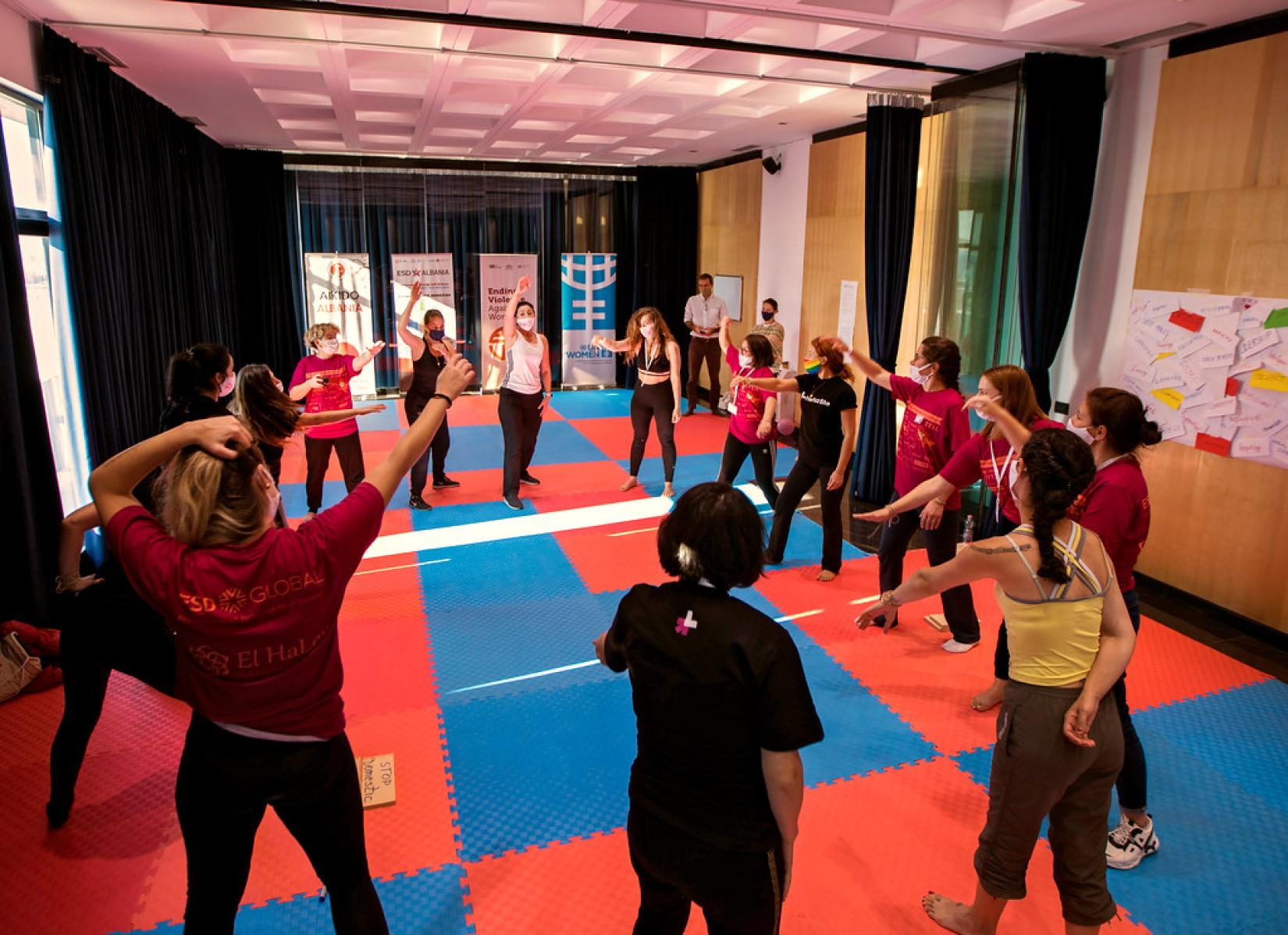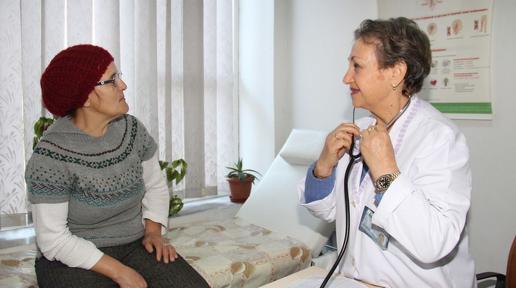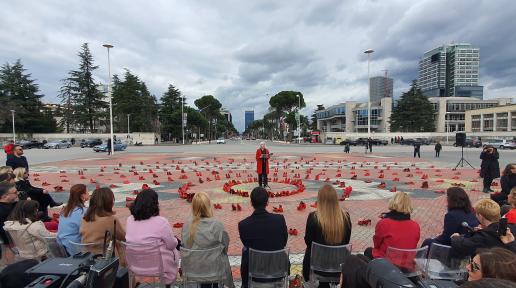Background
Gender Based Violence against Women (GB-VAW) is one of the most pervasive forms of violence worldwide. Albania is not immune to this global pandemic that affects all countries, societies, religions, faiths and ethnic backgrounds. Addressing GB-VAW is a central development goal in its own right, and key to achieving other development outcomes for women, their families, communities and nations. Thus, eliminating GB-VAW, a precondition for equitable and inclusive sustainable development and full realization of human rights, as well as an important value and objective in itself, is a key priority for the United Nations (UN) in Albania.
Phase I of the EVAW programme, running throughout 2022, led to promising results such as a stronger institutional commitment to implement laws and policies to address violence against women and better align them with international standards. Albania has made progress in improving its legal, policy and institutional framework to end domestic violence and violence against women. Comprehensive legislation has been adopted to ensure coordinated response from all relevant government agencies to domestic violence. Positive developments include expansion of the Coordinated Referral Mechanisms (CRMs), improvements in the local information system for registration of cases of domestic violence (REVALB), and increase of the monthly cash payments for survivors of domestic violence under protection orders. Additionally, the number of Free Legal Aid Centers (FLAC) increased to 20 from 12 in 2022.
Despite progress, there are continuous challenges in addressing gender-based violence in Albania, including underreporting of cases, stigmatization of survivors, lack of information on the effective enforcement of protection orders, and a lack of an adequate number of shelters support services for women seeking to escape from violence. There is a continued limited compliance between Albanian legislation and international standards on gender equality, femicide remains a serious issue, and more than 41% of women in Albania have experienced at least one form of technology-facilitated violence. Additionally, the number of districts courts has been reduced from 24 to 13, raising concerns regarding women’s access to justice.
To address these continuous challenges, “Ending Violence Against Women in Albania Phase II” aims to achieve the following outcomes:
Key Objectives
1. Women and girls enjoy more effective preventive measures against violence in Albania, because:
- CSOs and NHRIs promote accountability of service providers, including in the justice system, and have increased capacities to influence the GEWE agenda.
- Men and boys are included in VAW prevention and existing perpetrators' programmes are strengthened.
- State and non-state actors (CSOs, UN system, private sector, donors) are systematically engaged in prevention and protection of survivors of VAW and in raising overall awareness on EVAW.
2. Women survivors and those at risk are better protected from all forms of violence and have equitable access to services in Albania, because:
- Service providers and local response mechanisms to DV, including the coordinated mechanisms have increased capacities and tools to provide basic and specialized services to all survivors of VAW and inform women and girls about VAW reporting mechanisms.
- State and non-state actors have strengthened capacities and resources to establish long-term rehabilitation and reintegration services for victims of VAW.
3. Responsible institutions and actors implement national policies and legislation on VAW in a more comprehensive, inclusive and coordinated way in Albania, because:
- State institutions and actors have increased knowledge to improve the legal framework and policies on VAW so that they are comprehensive of prevention and protection measures for victims of all forms of violence and are in line with international standards.
- State and non-state actors at national and local level have improved coordination mechanisms in addressing VAW.\
Cross cutting issues:
- Mainstreaming of priorities and needs of rural women and women from disadvantaged communities, ensuring an intersectional approach throughout the programme;
- Reaching out to men and boys to ensure real transformative changes of patriarchal norms and practices;
- Using innovative approaches in preventive, capacity building and other interventions;
- Extending and strengthening partnerships with all possible actors, which directly or indirectly are responsible to address VAW especially at the local level.














